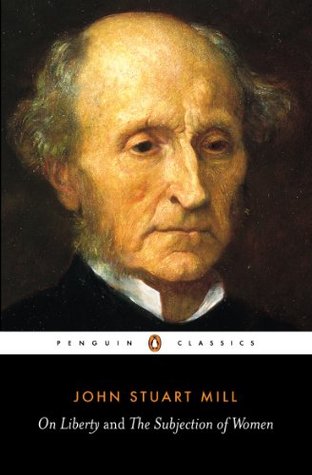Kindle Notes & Highlights
utilitarianism, the doctrine that the goal of all action is and should be happiness.
Democracy is better than other forms of government because only in democracy are the rulers and the ruled the same persons.
some of the most insidious threats to freedom came from his own side of the political divide.
in their urge to improve everyone’s lives, reformers would tidy freedom out of the way.
energetic and high-spirited people cannot be happy unless they are free and in some fashion self-creating.
Mill thought that marriage was a voluntary contract, and that like all such should be dissoluble at the will of the contracting parties.
women could only become fully free when they were liberated from unplanned childbearing,
This principle is that the only end for which we are warranted in interfering with the liberty of one of our number is to prevent harm to others, that is, in self-defence.
If we wish to compel or coerce him, we must be able to show that we shall suffer harm if he is allowed to act as he wishes and not as we wish.
we all have a right to be left alone unless our behaviour harms other people.
giving an account of which of our interests are important enough to be termed ‘rights’. And what he says is that we have a right not be harmed by other people, and that we may therefore coerce them out of performing harmful actions; but we do not have a right to have them think anything in particular, nor to have them adopt any particular ideal of life.
Again, a man who waves a placard saying ‘corn-dealers are thieves’ in front of an angry mob before a corn-dealer’s house is guilty of incitement, not exercising the right of free speech.
Wishful or self-interested thinking are the enemies of patiently accumulated truth.
eccentric opinions come to appear unrespectable, individuals will try to avoid expressing them, and in due course they will become unable to imagine possessing them.
we must not harm others into a positive obligation to do all we can for society.
Since the ‘harm principle’ says that we may only coerce those who inflict harm on other people who have not given their full and free consent, it would appear that neither the prostitute, nor the publican, nor the owner of the gambling den should be subject to coercion.
the rule is therefore to err on the side of liberty rather than over-protection.
Should individuals be allowed to choose to do what reduces their freedom of choice thereafter or should they have their choices limited in the name of preserving their freedom to choose?


